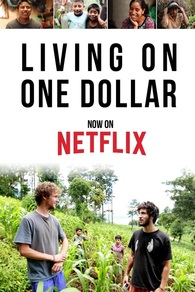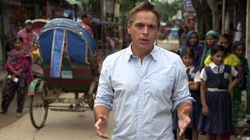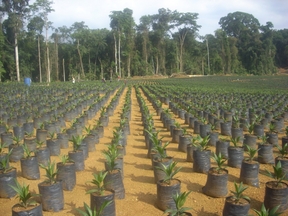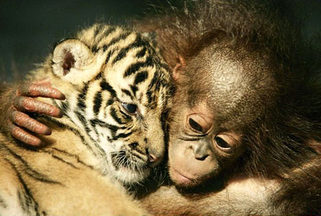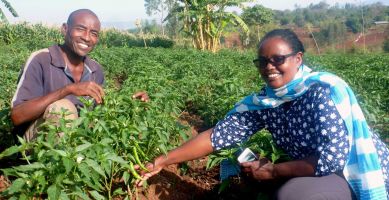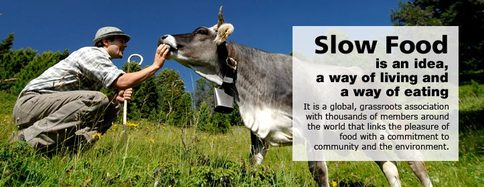From left: Waterdown Wetlands Trail, Hamilton, Ontario; Peguche, Ecuador; Quito, Ecuador.
Photographs by Nick Beals, ConneXions '12
Photographs by Nick Beals, ConneXions '12
World Geography: Human Patterns and Interactions (CGUX 4M*)
* 'M' indicates a university level course that does not require a university-level prerequisite; therefore, it is accessible to students who have been in the college level. Universities consider it on par with u-level courses.
This course examines how humans interact with their natural environments and with each other, especially in urban settings. Students will study the influence of spatial, political, economic, and social factors on settlement patterns, human migration, cultural change, globalization, and environmental trends. Students will use geotechnologies and skills of geographic inquiry and analysis to extend their knowledge of
human geography and to identify and explain current trends and patterns, and predict future ones. (http://www.edu.gov.on.ca/eng/curriculum/secondary/canworld1112curr.pdf)
human geography and to identify and explain current trends and patterns, and predict future ones. (http://www.edu.gov.on.ca/eng/curriculum/secondary/canworld1112curr.pdf)
Inquiry-based Learning
The teacher and students will be gradually developing their use of inquiry-based learning throughout the semester starting with major inquiry questions, or problems. The first is "Has European imperialism and colonialism been beneficial to the world?" Students will begin their inquiry process by creating questions through six major thinking strategies, known in English teaching as methods of essay development: Definition and Illustration, Classification and Division, Cause and Effect, Process, and Comparison and Contrast.
Poverty in the Developing World
The Global Land-grab: imperialism 2.0Many corporations based in the world's strongest economies are 'investing' in agricultural land in some of the world's weakest economies. These investments range from ensuring food security for the home country to developing bio-fuels to capitalizing on the rising value of agricultural land. The investments are huge and local farmers in the developing country seem to be exploited in the process. Fortunately, there is an NGO (non-government organization) called GRAIN. "GRAIN is a small international non-profit organization that works to support small farmers and social movements in their struggles for community-controlled and biodiversity-based food systems."
|
|
Plantation Agriculture
|
|
Conscious CapitalismIn ConneXions, the Geography course begins with a unit on economic and political spectra. Capitalism is subdivided into four types, with socialist capitalism on the left and hyper-capitalism on the right with regulated free-market capitalism and free-market capitalism in the centre. Students study the purpose of organizations such as the World Trade Organization and evaluate their effects on nations and communities. Students also study `alternative' forms of capitalism such as Fair Trade and Micro-finance. The tongue-in-cheek music video about a business pitch on the hit TV show Dragons' Den captures the basic opposition between the alternative capitalism represented by the Fair Trade movement and free-market capitalism represented by the show's right-wing iconoclast Kevin O'Leary.
|
|
